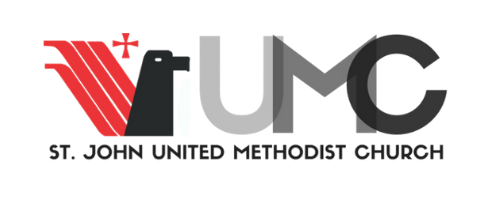36 “Teacher, which commandment in the law is the greatest?” 37 He said to him, “‘You shall love the Lord your God with all your heart, and with all your soul, and with all your mind.’ 38 This is the greatest and first commandment. - Matthew 22:36-38 (NRSV)
Jesus makes it clear - love God with my whole being. Love is not just a feeling or an emotion. Love is an action. A loving relationship requires me to act with my heart, my soul, and my mind. How do I do this?
John Wesley gives us guidance on how to apply his third rule: Stay in Love with God. He gives a list of ordinances or actions that are essential for spiritual practices. These essential spiritual practices are: public worship, prayer, communion, baptism, family and personal scripture reading, small groups for Bible study, prayer and mutual support.
By practicing all of these, Wesley believed we stay in love with God.
As I continue to practice being intentional in my spiritual journey this Lenten season, I looked at this list and thought I'm doing okay. But wait, am I doing these essential actions daily? Once again, I discovered I fall short. Among these actions, I don't have a daily prayer routine. It's more casual. I check in with God when it's convenient. Not with my whole being. Through self-examination, God is guiding me to change my focus from my convenience to His ever present being. In this way, I can stay in love with Him as He points out where I am falling short and how I can move forward.
Reuben Job, in his book “Three Simple Rules,” provides a guide for daily prayer:
Prayer at the beginning of the day: Inviting God's intervention in our lives
Prayer at midday: Welcoming God's presence
Prayer at the end of the day: Inviting God's assessment of my actions, asking for strength to do better and seeking peace in my whole being.
I like this suggestion as it reminds me God is with me all day long and is waiting for a conversation with me. I found this question to be a good daily focus: What practical way will I choose to stay in love with God today?
Pastor Randy Johnson of 1st UMC Sartell, MN, summarizes the Three Simple Rules: “If we stay in love with God, we will seek to do no harm and we will seek to do good.”
Heavenly Father, thank you for your patience and your lessons as I continue to grow in love with You. Amen.
Betty Hertz is a longtime member of St John UMC, a Stephen Minister and a member of SPRC. When not doing volunteer work, she is playing with her three goofy dogs.







